Over the past year the Department of Environment, Food and Rural Affairs has been working on three second-round consultations, all of which are likely to be published before the end of the month.
They will cover: the introduction of a Deposit Return Scheme in England, Wales and Northern Ireland; an extended producer responsibility (EPR) programme to replace the current PRN packaging waste system; and a consistency in recycling collection service delivery programme for local authorities in England.
Of the three, the most complex by far will be the new EPR programme, which is likely to come into force by 2024 and will see the longstanding PRN system, which was developed in the late 1990s, transformed.
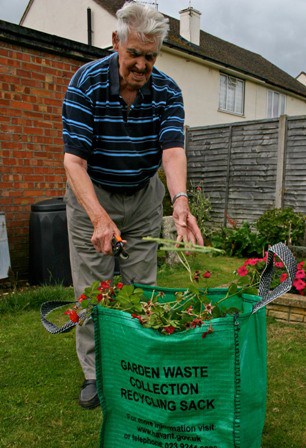
DRS
The questions surrounding the introduction of a Deposit Return Scheme concern: whether the government will actually decide to bring it in; how much it will be; when; and whether it should be applied to all drinks containers or just those used ‘on the go’?
Consistency
The consistency programme will see Defra requiring councils to offer consistent services, including weekly food waste collections and free garden waste services. The latter is a service many councils prefer to charge for, but Defra is concerned the charges mean green waste is lost to residual bins. The consultation is expected to propose a core set of dry recyclables including aerosols, aluminium foil, plastic films and plastic flexibles.
Consistency will also allow for wider recycling messaging across counties, regions or even England as a whole.
The consistency programme will also be impacted by the EPR changes, which will see industry directly funding local authority collection services, most likely via a central body. For example, EPR (and tax) changes will see more materials, including plastic films and flexibles such as bread bags, needed for recycling, so consistency ties in with EPR.
Most councils are seen as likely to be able to achieve consistency by 2025.
Timelines for the introduction of the consistency programme are expected to be suggested within the consultation document. Dates of achievement of consistency for all local authorities by 2030 and 2035 have been discussed, but it is thought likely that with the packaging and brand sector favouring an earlier deadline date, Defra may pencil in a target year of 2028. Most councils are actually seen as likely to be able to achieve consistency by 2025.
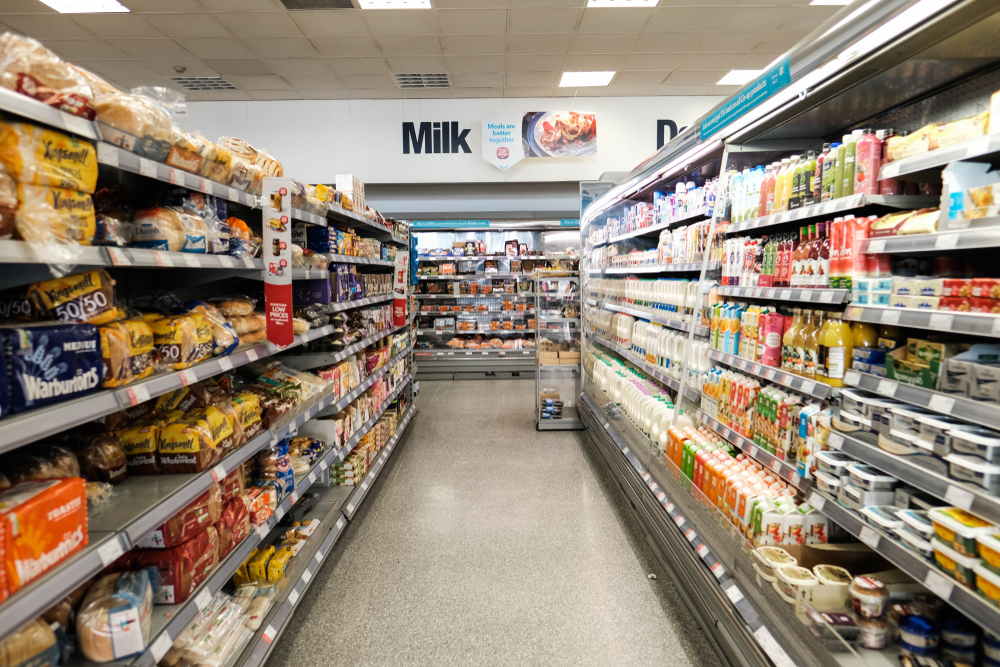
Consumers could be in for a double whammy as currently it is estimated that local authorities pay for around 90% of the cost of collecting packaging waste for recycling – if it is assumed that the PRN system covers about 10% of the cost. Going forward, consumers are still likely to pay the same amount of council tax for waste services, but may well also see most of the costs of the collection system passed on to the cost of products (everything from cans of beans to pouches of pet food).
EPR
The headline financial numbers behind the new EPR system are startling. Currently, the PRN system is thought to cost about 7,000 obligated businesses from £180-250 million plus. The new regime sees far fewer obligated businesses having to fund the full net cost of the system which could rise by a multiple of 10, as it is widely considered that the PRN system just covers one tenth of the cost. Currently some money is passed back to councils as a small element of what is paid for used cardboard, aluminium cans, plastics and other items.
In reality the increase under the new EPR regime is likely to be less than a multiple of 10 as the new PRN system would not have to include plastic bottles. These will be covered instead by the Deposit Return Scheme. There will also be some greater efficiencies, such as products using less different types of materials and also more material recycled so generating an income. On the other hand, brand owners are likely to face additional costs on plastic items because of the plastic packaging tax and the need to use 30% of recycled material in packaging.
Blue Planet

Businesses obligated under the proposed new system, which are likely to be brand owners, have not raised large protests about the new EPR concept.
This is partly because of political pressure in the wake of the Blue Planet television programme and a commitment by former Environment Secretary Michael Gove to transform the PRN system and tackle waste plastics. Some businesses also have concerns about the current PRN system and what they perceive as ‘a lack of transparency’.
Organisation
EPR reform is also in line with proposals within the European Union although the UK has said it may go further. However, the businesses are expected to want to ensure that under the new system producers are in control of the net cost, that they can drive the new system and manage several aspects around delivery of the packaging waste service at the local authority level.
Businesses are taking some comfort in that they all face the same challenge
Businesses are taking some comfort in that they all face the same challenge and that ultimately they can pass the cost back on to the consumer. The consultation documents may well reveal the potential additional cost to the consumer in an economic assessment.
How the new EPR system is administered is also to be considered in the consultation. Most likely to be a preferred option is a central body to run the system. But under a type of hybrid approach, which could be easier to implement, the system could see compliance schemes operating to ensure efficiencies in the system under a smaller central management body.
Consultation period
Once the documents are published, there will be a consultation period which is expected to run for about 12 weeks and see a range of trade associations and organisations coming together to analyse the proposals and prepare responses. Decisions will ultimately have to be made by Environment Secretary, George Eustice in the wake of the initial support for change from one of his predecessors, Michael Gove.
SAVE THE DATE:
The Resources & Waste Strategy Revisited Conference is taking place online on 12 May 2021. This full day conference will explore responses to the consultations and aims to bring the industry together for networking and discussions on all three documents. Visit: https://www.letsrecycleevents.com/rws-revisited





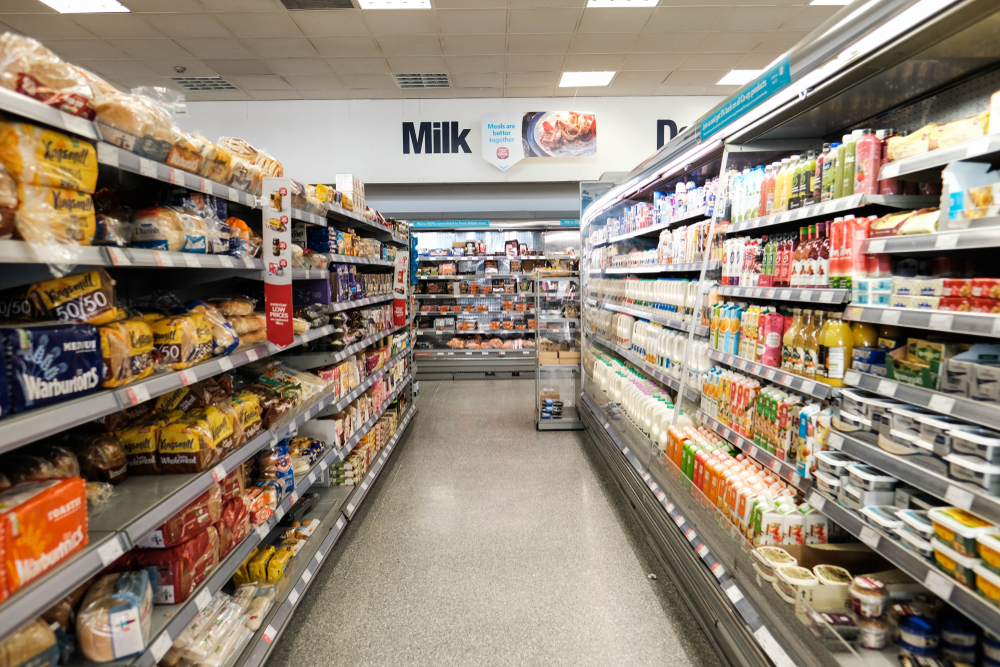

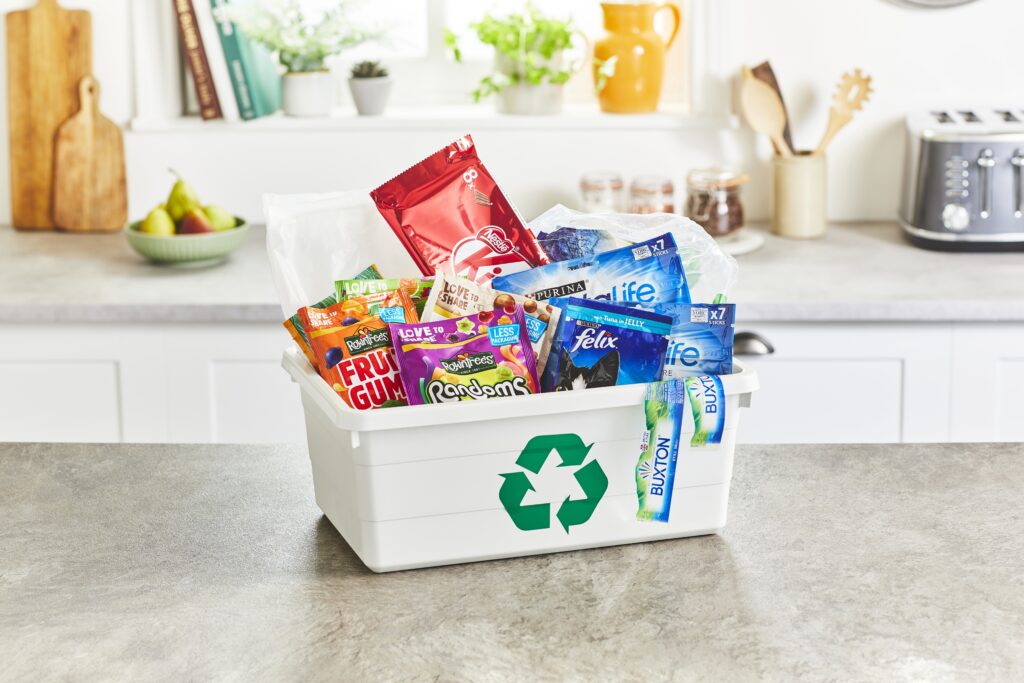

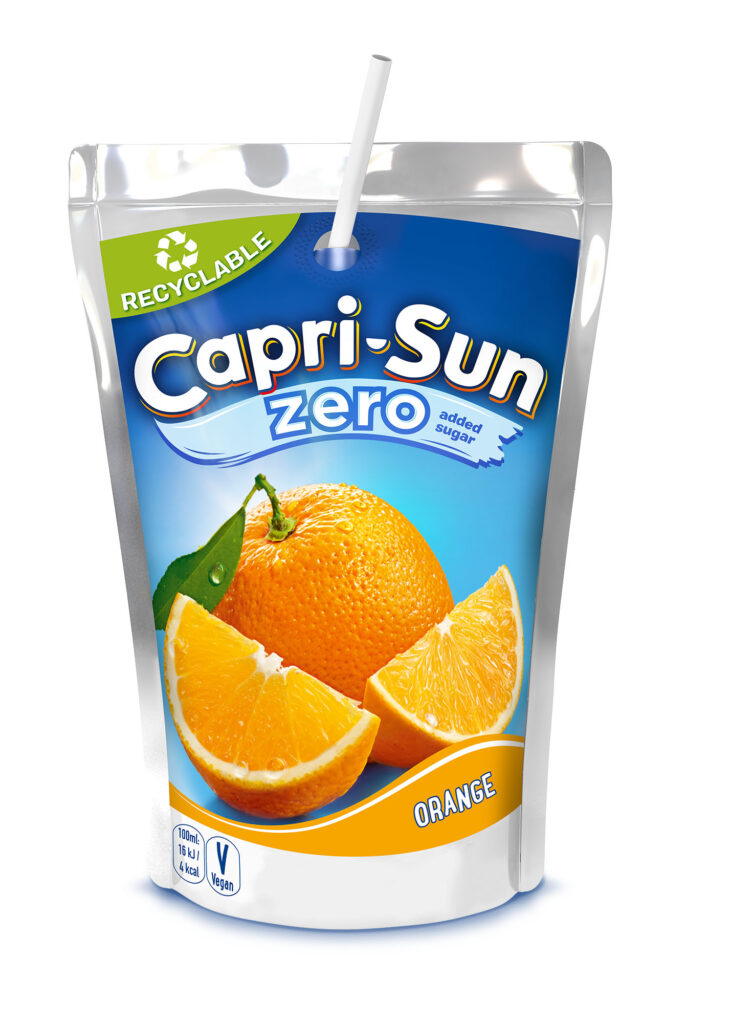


Subscribe for free